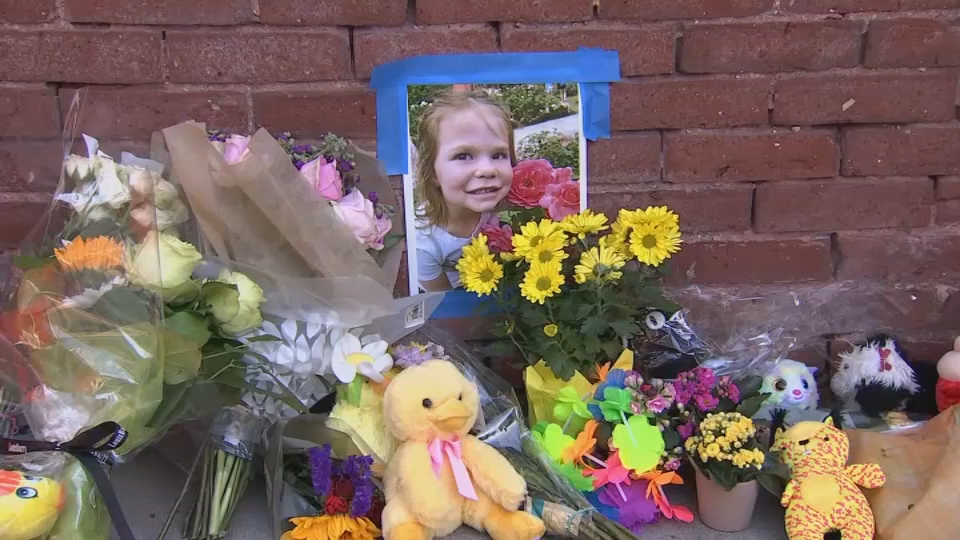Boston Mayor Michelle Wu is taking steps that could raise tax rates on commercial real estate in the city, in response to declining property values of several downtown office buildings, which could impact the city’s budget and potentially residential property owners.
This week, the Mayor will file a home rule petition with the Boston City Council that would give the city the power to raise the tax rate on commercial properties for up to five years. If the council approves, the measure would still need to be approved by the state legislature.
Boston is heavily reliant on property taxes to pay for city services, everything from schools to city workers. Much of that property tax revenue comes commercial buildings, not homeowners. However, declining commercial real estate values could hurt the city’s tax base. A recent report released by the nonprofit Boston Policy Institute and Tufts University’s Center for State Policy Analysis estimates that tax revenue from commercial buildings could fall up to $1.5 billion below prior projections over the next five years.
Ashley Groffenberger, Boston’s chief financial officer, told NBC10 Boston’s “@Issue” program that Mayor Wu’s proposal is aimed at protecting homeowners from a tax increase to make up for a potential budget shortfall.
Get Boston local news, weather forecasts, lifestyle and entertainment stories to your inbox. Sign up for NBC Boston’s newsletters.
“The heart of this proposal is to protect residents and help kind of smooth in this new reality that we may be facing as a city,” Groffenberger told Matt Prichard and Sue O’Connell during a taping of “@Issue.”
“I want to make it really clear that we are not expecting to lose $1 billion of revenue in the next couple of years,” Groffenberger said. “Whether or not this measure passes or not, we are still going to collect the same amount of revenue and still be able to provide the critical city services that we provide in the city. We are really just seeking to give ourselves some runway to absorb that change.”
Gregory Maynard of the Boston Policy Institute says the report emphasizes that downtown office buildings aren’t as valuable as they used to be not because Boston has not done anything wrong. The rise of remote and hybrid work are impacting cities, businesses and the commercial real estate system.
“It's just that because of how Boston raises property tax revenue, it's just particularly vulnerable to this kind of dip in commercial values,” Maynard told @Issue.
“The big thing that people should take away from the report is that Boston and I think in Massachusetts needs to figure out how we're going to move forward in an era when we just can't rely on continuous commercial growth to fund local budgets,” Maynard said.



